Over 75% of adults experience some level of dental anxiety or fear. This doesn't mean that everyone has an extreme phobia of the dentist, but it does mean that a large percentage of people may be wary of visiting the doctor even for minor procedures.
Dental anxiety is more than just a mental health concern. It can turn into a dental health concern if it stops you from visiting the dentist for checkups. If you're putting off minor procedures, like fillings, due to fear, you're putting your teeth at risk.
Have you considered the benefits of sedation dentistry? We're here to talk about how sedation dentistry can help with anxiety, discomfort, and more. Read on to learn everything you need to know.

First: What Is Sedation Dentistry?
Sedation dentistry is when a dentist or oral surgeon uses some form of sedation on the patient before they begin the procedure.
For many (if not most) general dentistry procedures, patients will only get a local anesthetic if they get anything at all. This is a simple injection that numbs the area where the dentist will be working.
In most cases, this is enough. The majority of people don't feel enough pain or discomfort during standard dental procedures to justify using heavier sedation.
With that in mind, some people prefer having an extra layer of comfort. This is where sedation dentistry comes in. The dentist will use one of a variety of sedation dentistry methods to calm the patient, relieve their discomfort, and prepare them for the procedure.
What Are the Common Types of Sedation Dentistry?
There are several options when it comes to sedation dentistry.
First, and perhaps most common, is laughing gas (otherwise known as nitrous oxide). The dentist holds a mask up to the patient's face before their procedure and encourages them to breathe deeply. When the patient breathes, nitrous oxide floods into their lungs.
Nitrous oxide won't cause someone to lose consciousness. It's called "laughing gas" for a reason. This gas can make people feel light, happy, and even a bit delirious.
Nitrous oxide relaxes the patient and minimizes their pain. It can even make procedures seem as though they're going by more quickly. A complex wisdom tooth extraction that's taking a half hour may feel like it's done in five minutes.
You may also get an oral sedative. Oral sedatives are anti-anxiety medications that put the patient at ease while still allowing them to stay conscious and aware.
If you're going to use sedation for your next dental procedure, make sure you ask the dentist about any extra preparation or post-procedure care you may need.
For example, if you use nitrous oxide, you will be back to normal and able to drive a few minutes later when it wears off. If you use an oral sedative, your dentist may require you to have someone else drive you home because you may not be in a good position to drive.
What Are the Top Benefits of Sedation Dentistry?
So now that you know what sedation dentistry is, and what types are available, you might be wondering why you would try it at all. What makes a sedation dentistry appointment worthwhile?
There's a reason that so many people have opted for sedation dentistry over the years! Here are a few top benefits you should keep in mind when you're trying to decide whether or not sedation dentistry is for your next dental procedure.
Overcoming Dental Anxiety
As we mentioned before, dental anxiety is incredibly common. If you can't overcome your dental anxiety, it may get in the way of your dental health and prevent you from having the healthy superstar smile that you've always wanted.
Dental anxiety is debilitating. Even if you're still able to make and get to your dentist appointments, actually sitting in the waiting room (or worse yet, waiting for the procedure in the dentist's chair) adds another layer of stress.
Too much stress may discourage you from visiting the dentist at all. Stress may also impact your healing time. Too much stress will increase your cortisol levels and cause your blood pressure to spike.
Great for People With Special Needs
Dental anxiety is a great reason to seek out sedation dentistry, but it's also good for people who have certain types of special needs or disabilities.
Many people who are on the autism spectrum, for example, benefit from sedation dentistry. Dental procedures involve a lot of overwhelming sensations and sounds. Even many neurotypical people find dental procedures uncomfortable and overwhelming, even if there's no pain or anxiety involved.
Neurodivergent people find these procedures even more overwhelming. This may make them less willing to visit the dentist when they should. It could also cause them intense discomfort when they're in the dentist's chair for their procedure (which could mean that the dentist has to stop halfway through).
Note that not all people with special needs will want or need sedation dentistry. It's a fantastic option for those who struggle with visiting the dentist, however.
Quicker Procedures
Believe it or not, using sedation during your trip to the dentist can actually speed up your procedures.
This isn't true in some cases. Sometimes dentists choose to slow down and take their time when they know their patients are comfortable. Others prefer to be as efficient as possible, however, and that means that sedation makes everything run more smoothly.
When a patient isn't sedated, they may flinch, fidget, or even ask the dentist to stop and take a break n the middle of the procedure. Of course, dentists understand that these things happen and it's not the fault of the patient, but it will still lengthen the treatment time.
Sedation dentistry removes this problem. The patient will be able to sit still for the duration of treatment so the dentist can work quickly.
Fewer Dental Visits
So what if you've learned that you have many different dental procedures to get done? If you have dental anxiety, this is a big deal. It's hard enough to commit to one procedure, and the idea of having to go back to the dental clinic several times in a row is frightening.
Even if you don't have a lot of dental anxiety, it's time-consuming to do things this way. You may not be able to take that much time off of work or school.
Often, dentists can combine procedures when their patients are using sedation. Because the patent won't be in any discomfort and they'll be able to stay still for a longer amount of time, it's easier for the dentist to work for much longer.
Some dentists are able to fill multiple cavities or do multiple extractions while their patients are under sedation. While the procedure itself will be longer, the patient will be able to get everything out of the way in a single day.
Easier Numbing
Some people don't actually mind a visit to the dentist. Drills and other tools don't upset them. They don't even mind the discomfort and loud noises that come from the actual procedures.
What they do mind is that initial numbing needle.
When you get your numbing injection, you feel it. It has to go deep into the gums, and many people find it uncomfortable.
The problem is doubled if the person is afraid of needles. Even the anxiety of getting the numbing injection can make the idea of visiting the dentist too scary and overwhelming to tolerate.
When you use a sedative, this is a non-issue. The dentist can give you the pill before they start preparing your gums for the injection. You may still feel it, but it won't be as painful or anxiety-inducing.
Safety
Many people get nervous about the idea of sedation dentistry because they don't know whether or not it's safe or healthy to use sedatives. In most cases, sedation dentistry is safe. If it stops the patient from making sudden movements during the procedure, it may even be safer than not using sedatives.
Make sure that your dentist knows if you have any allergies to common medications or if you've had problems with sedatives in the past. You should also ask about any safety concerns before your appointment so your dentist can give you advice about how to mitigate potential problems with the sedation method of your choice.
Recovering from sedation takes anywhere between several minutes and several hours (depending on the method you chose), but after that point, you will feel as good as new.
Less Overall Physical Discomfort
This is perhaps the most obvious benefit of sedation dentistry.
Many people think that going to the dentist has to be an uncomfortable experience, but there's no reason for that. Yes, some necessary procedures may require needles and drills, but you don't have to be in pain during the procedure itself.
There's no medically necessary reason for you to suffer while you're at the dentist. Even if you're only opposed to the quick prick of a needle, that discomfort is avoidable when you choose sedation dentistry.
No one should be afraid of a dentist's appointment because they're worried about the pain.
Great for People With Higher Sensitivity
So what if you're not worried about dental anxiety and you don't mind the feeling of a needle? Who else can benefit from sedation dentistry?
If you have greater sensitivity anywhere in your mouth, sedation dentistry will make a big difference.
Let's say you have sensitive teeth. The teeth that the dentist is working on will be numb, but your other teeth may still get hit with cool water or gently brushed by tools. For extremely sensitive teeth, this could be a problem and cause you to move around in the chair.
What about your throat? While dentists are careful to avoid having their patients gag, even oral x-rays can trigger a sensitive gag reflex. Using a sedative might help you avoid this problem.
Better Resulting Dental Health
At the end of the day, you should always be taking steps to improve your dental health.
For people who get nervous about visiting the dentist because of the potential of pain, or just due to standard dental anxiety, this can be a challenge. How can you keep your teeth in good condition if you're afraid to go to the dentist?
Sedation dentistry makes going to the dentist more accessible for everyone. It's a great dental anxiety solution and it will take the edge off of procedures that you've been putting off because you were avoiding the pain.
When you manage to make it to your routine dental appointments and get all of your necessary minor dental work out of the way with the help of sedation dentistry, you'll avoid larger dental problems in the future.
Your teeth will be cleaner and healthier!

Take Advantage of the Benefits of Sedation Dentistry
Whether you have an intense dental procedure coming up, you're afraid of needles, or you just want to avoid any mild discomfort in the dentist's chair, why not consider sedation dentistry?
Sedation dentistry is a great solution for anyone who's been dreading their next dental procedure. You'll stay calm, you'll feel less pain, and you'll be completely safe. What's not to love?
Talk to your dentist about whether or not you should be taking advantage of the benefits of sedation dentistry.
If you're looking for a fantastic new dentist who offers sedation dentistry, cosmetic dentistry, and more, contact Montclair Dental Spa for an appointment today.

